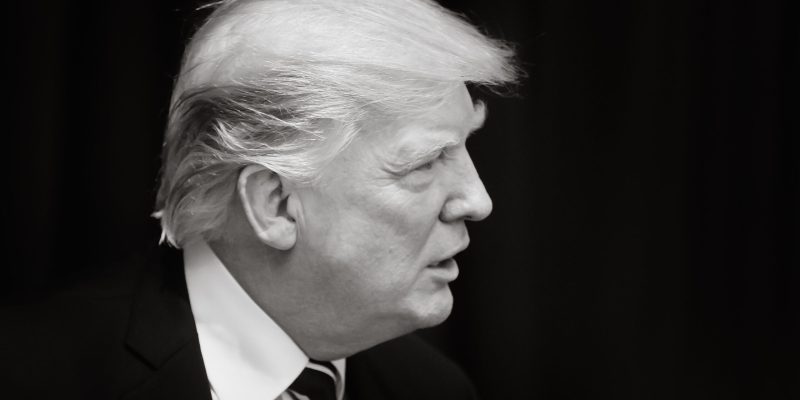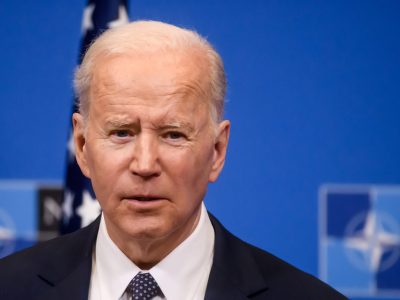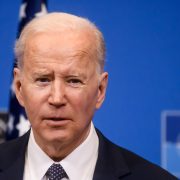
In a historic political comeback, Donald Trump has been elected the 47th President of the United States.
Overcoming multiple controversies, including his refusal to accept the 2020 election results, the January 6th Capitol riot, felony convictions, and two assassination attempts, Trump secured victory by winning Wisconsin and surpassing the 270 electoral votes needed to win.
His triumph validates his aggressive and often divisive campaign style, which targeted his opponent, Kamala Harris, with inflammatory rhetoric and resonated with a segment of voters in a deeply polarized nation.
The 78-year-old’s victory speech, delivered Wednesday morning, struck a triumphant tone, declaring an “unprecedented and powerful mandate” and outlining a vision for a renewed America.
A mandate for change and retribution: Trump’s vision for a second term
Addressing a jubilant crowd of supporters, Trump reiterated his commitment to “promises made, promises kept,” outlining an agenda focused on reshaping the federal government and pursuing perceived enemies.
He touched on familiar themes, including border security, tax reductions, economic revitalization, and a “peace through strength” foreign policy approach.
Citing his record with ISIS, Trump stated his intention to “stop wars, not start them,” a message seemingly aimed at easing concerns about his foreign policy stance.
He also emphasized national unity and healing, promising a “golden age of America,” despite the divisive nature of his campaign.
Trump expressed gratitude for his family, his running mate Senator JD Vance, and key allies like Elon Musk, whose $120 million campaign contribution played a significant role in his victory.
Trump indicated plans to appoint Musk to head a government efficiency commission, a move likely to generate both excitement and controversy.
A historic and unlikely return: defying expectations and precedent
Trump’s win against Harris, the first woman of color to lead a major party ticket, comes after an exceptionally tumultuous election season.
The campaign was punctuated by two assassination attempts targeting Trump, adding a layer of security concerns and national anxiety not seen in modern US political history.
Furthermore, the Democratic party faced an unexpected shift just a month before their convention, with President Joe Biden exiting the race due to concerns about his advanced age, elevating Harris to the top of the ticket.
Despite an initial surge of enthusiasm, Harris struggled to galvanize disillusioned voters within a compressed timeframe, failing to effectively distance herself from an unpopular administration.
Trump’s victory is remarkable for several reasons.
He is the first former president to return to power since Grover Cleveland in 1892, a feat achieved over a century ago.
Moreover, he is the first person convicted of a felony to be elected president, a historic development that raises complex legal and ethical questions.
At 78, he is also the oldest person to assume the presidency, a factor that fueled concerns among some voters about his fitness for office.
His running mate, 40-year-old Senator JD Vance, becomes the highest-ranking millennial in US government, a generational shift that could influence policy directions.
Trump’s return seemed improbable after his departure from Washington in early 2021, a diminished figure whose false claims of election fraud sparked the violent Capitol insurrection and led to his second impeachment by the House of Representatives.
A transformed political landscape: navigating uncharted territory
Trump’s second term will unfold in a dramatically different political landscape than his first.
He faces considerably fewer constraints, having solidified a Republican majority in Congress and reshaped the judiciary with numerous appointments, including three Supreme Court justices.
A recent Supreme Court ruling, which grants presidents broad immunity from prosecution, further strengthens his position.
This concentration of power raises concerns about potential abuses of authority and the erosion of democratic checks and balances.
The ramifications of these shifts will likely be felt across various policy areas, from domestic legislation to international relations.
His influence within the Republican party, solidified during the 2022 midterm elections through strategic endorsements, remains formidable.
Despite some Republican losses in the midterms, partly attributed to public backlash against the Supreme Court’s overturning of Roe v. Wade (a decision facilitated by Trump-appointed justices), Trump successfully positioned himself as the undisputed leader of the party.
His return to the presidency presents both opportunities and challenges for the Republican party, which must navigate the complexities of a Trump-led agenda while addressing internal divisions and responding to a rapidly changing political landscape.
Trump inherits a nation grappling with heightened political polarization, a complex international environment, and a range of domestic issues, from economic inequality to social unrest.
His ability to address these challenges and unite a fractured nation will define his legacy.
The post Trump’s return to power: what his 2024 win means for America appeared first on Invezz











